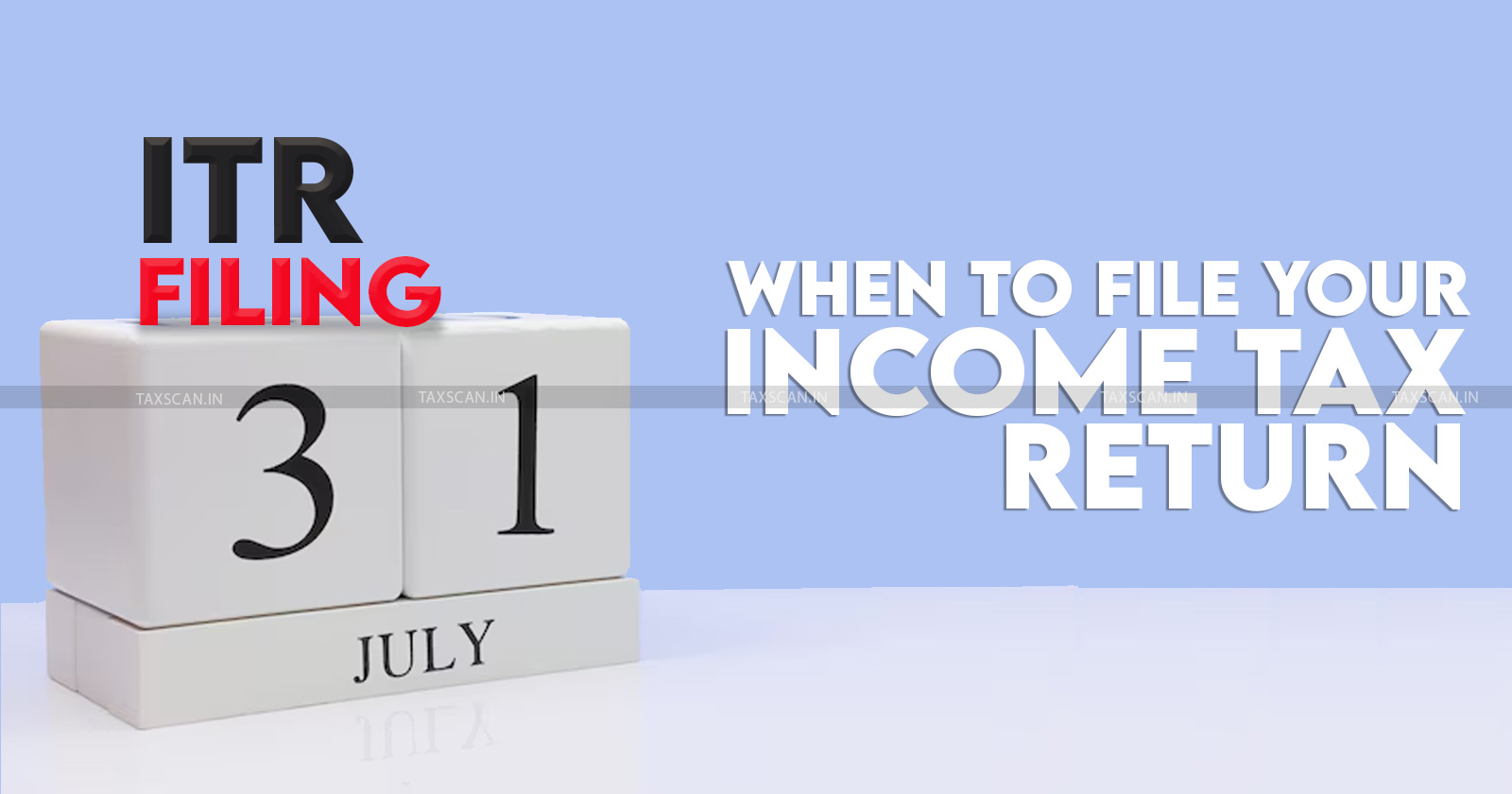Statutory Auditors in Dubai, UAE


Legal Requirements
The UAE’s legal framework mandates that companies maintain accurate financial records and have them audited annually by an approved statutory auditor. This requirement applies to all Limited Liability Companies (LLCs), Joint Stock Companies, and other corporate entities operating within Dubai. The objective is to enhance transparency, accountability, and investor confidence in the financial markets.
Role of Statutory Auditors
Statutory auditors in Dubai are responsible for reviewing a company’s financial statements, including balance sheets, income statements, and cash flow statements, to ensure they present a true and fair view of the company’s financial position. They also assess the company’s internal controls and compliance with relevant accounting standards, such as the International Financial Reporting Standards (IFRS).
Selection and Appointment
Companies in Dubai must appoint statutory auditors who are registered with the UAE Ministry of Economy. The appointment is usually made by the shareholders during the annual general meeting (AGM). It is essential to choose an auditor with a strong reputation and experience in the specific industry to ensure a thorough and effective audit.
Key Benefits of Statutory Audits
Conducting a statutory audit provides several benefits, including:
Conclusion
In Dubai, statutory audits are not just a legal obligation but also a crucial component of corporate governance. By ensuring the accuracy and integrity of financial statements, statutory auditors play a vital role in maintaining the trust and confidence of stakeholders in the financial health of companies operating in the UAE.












































